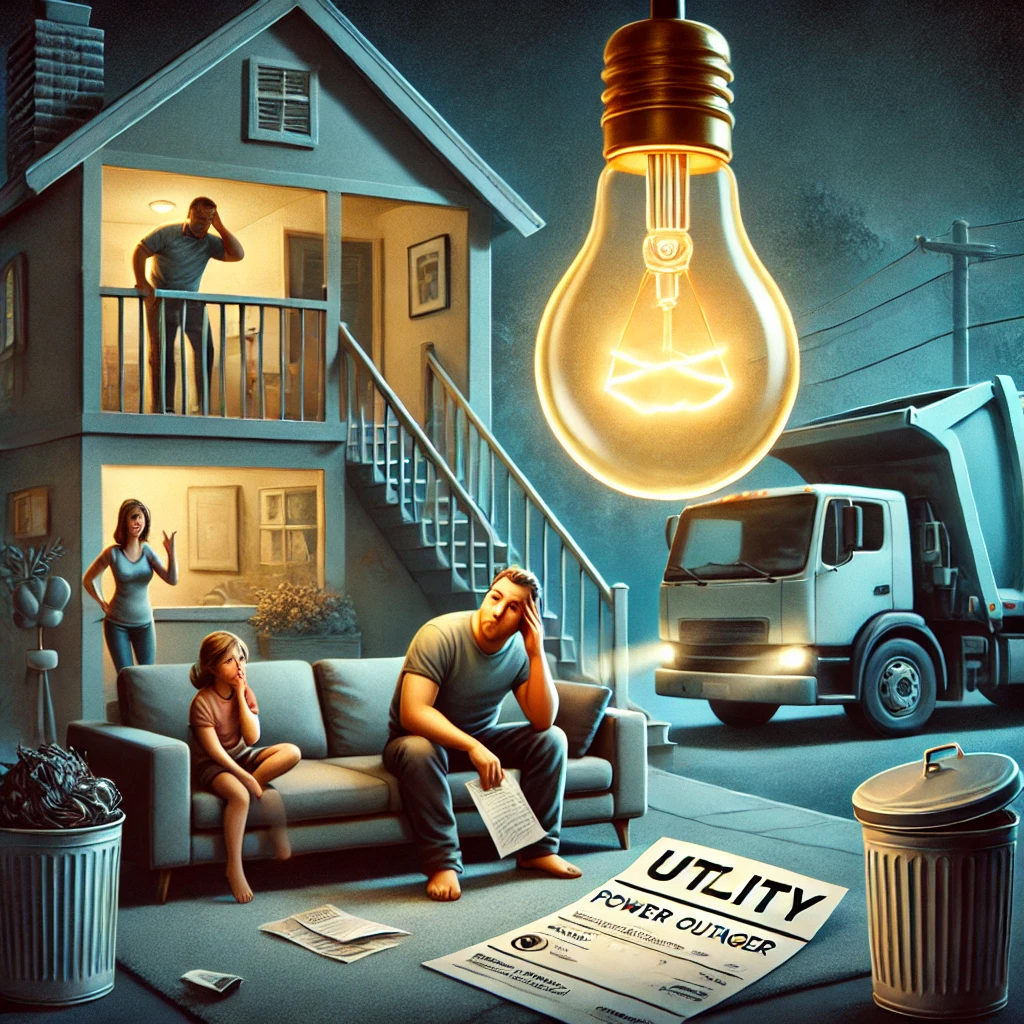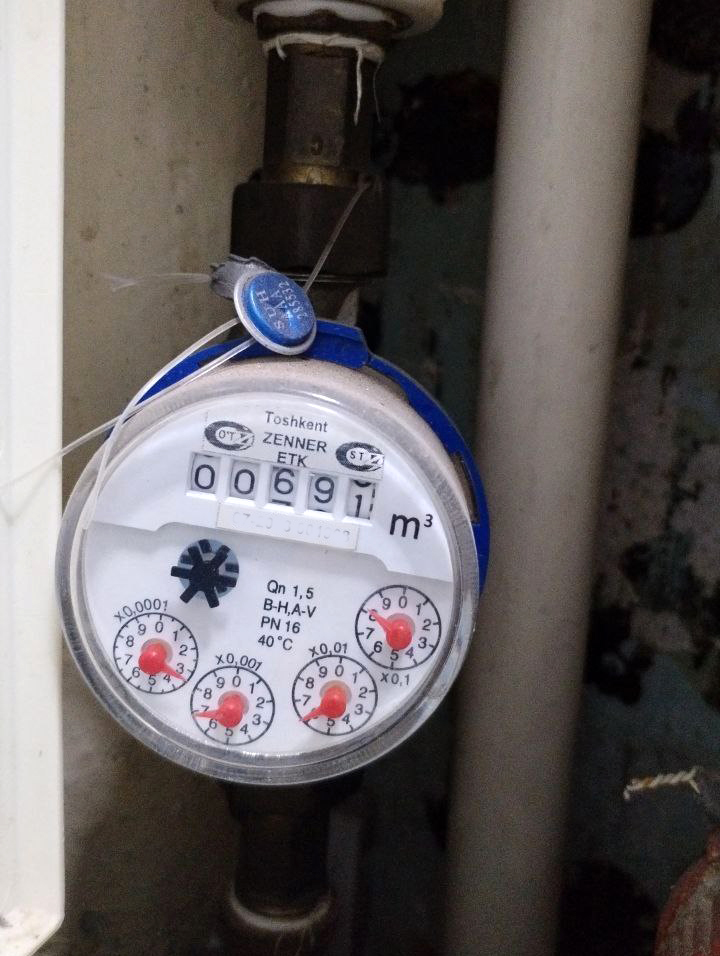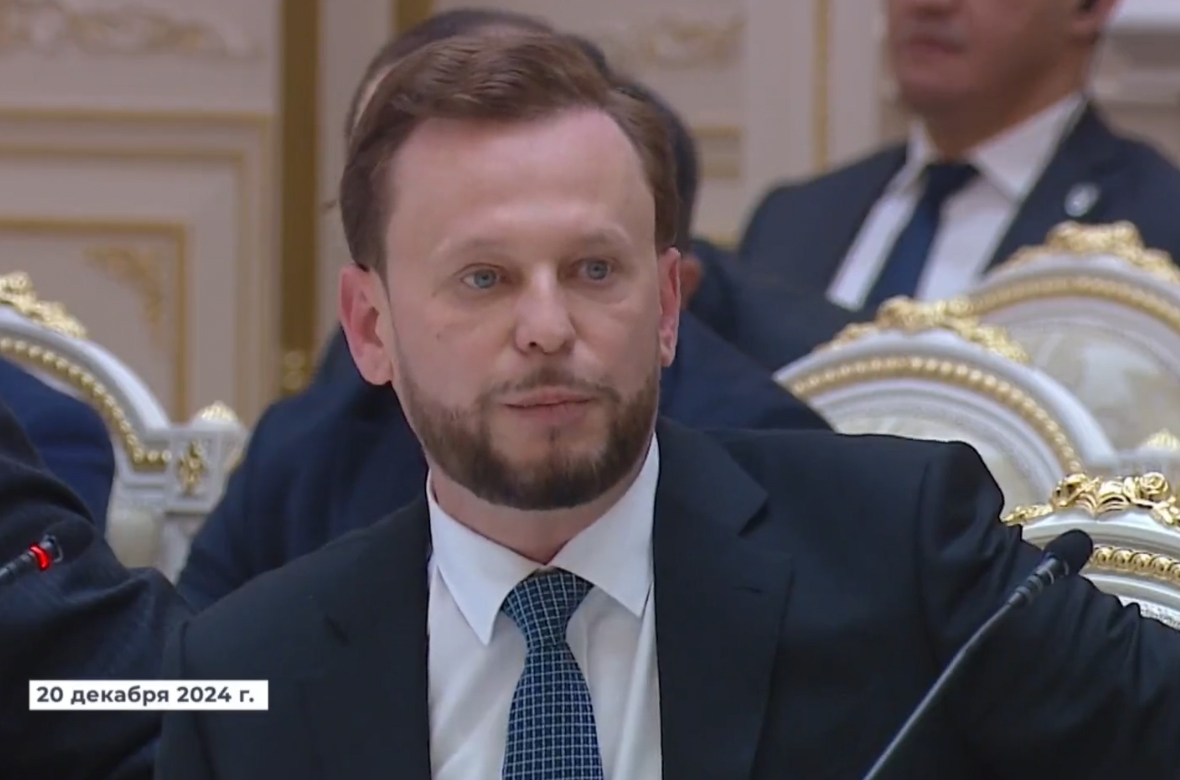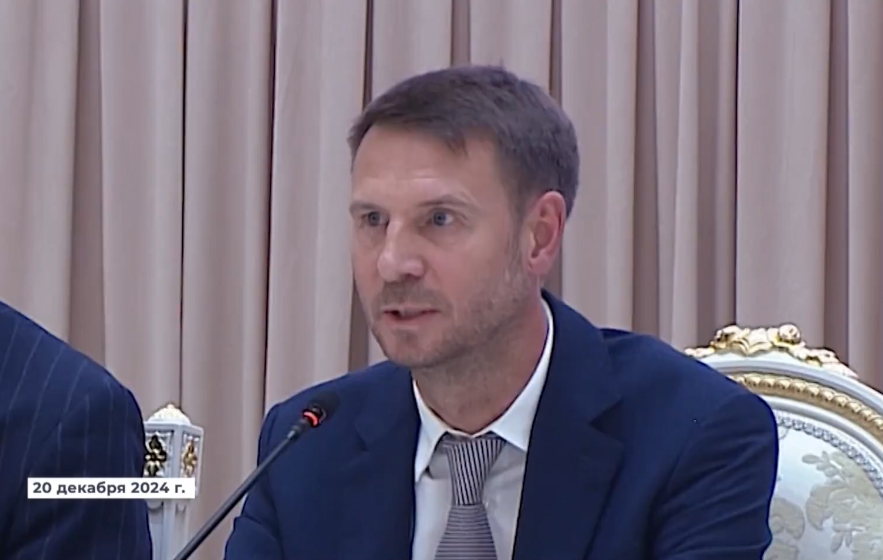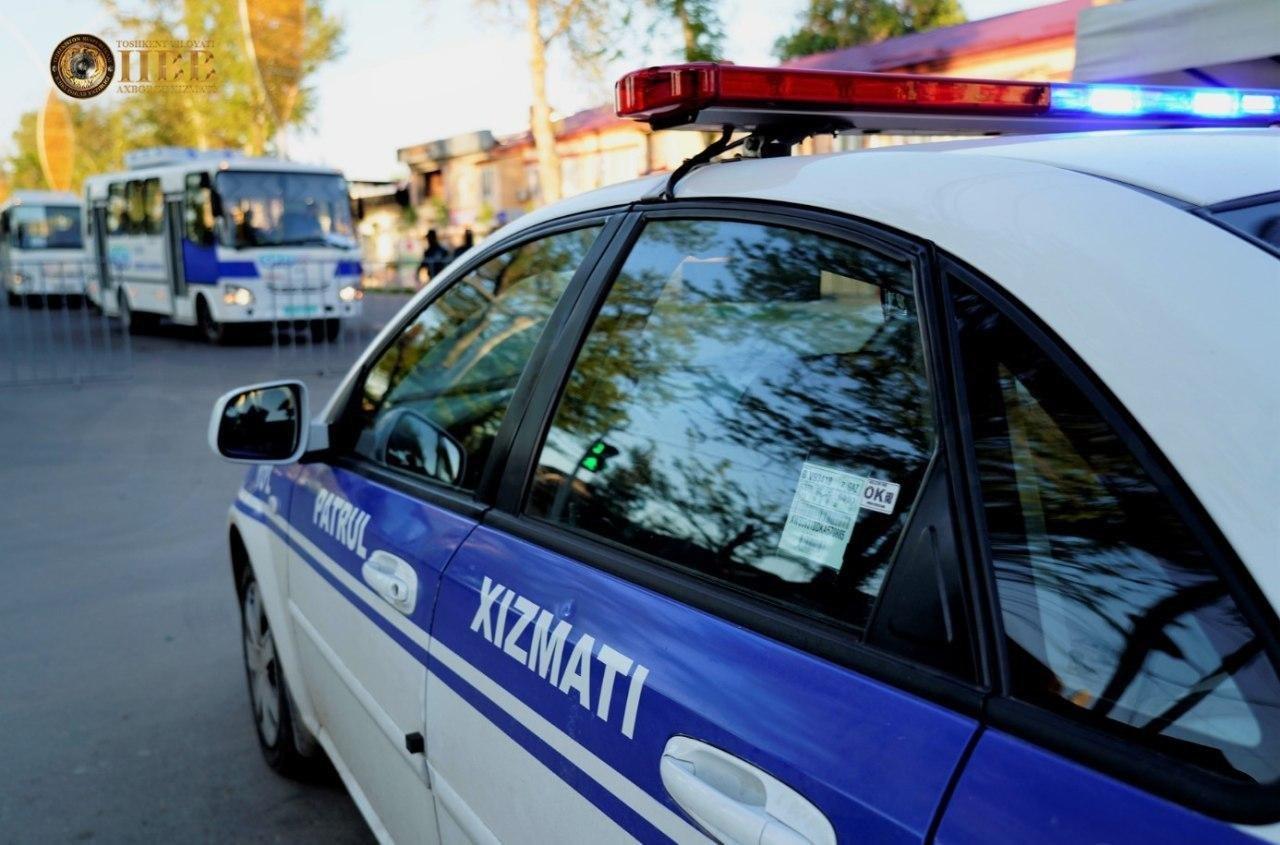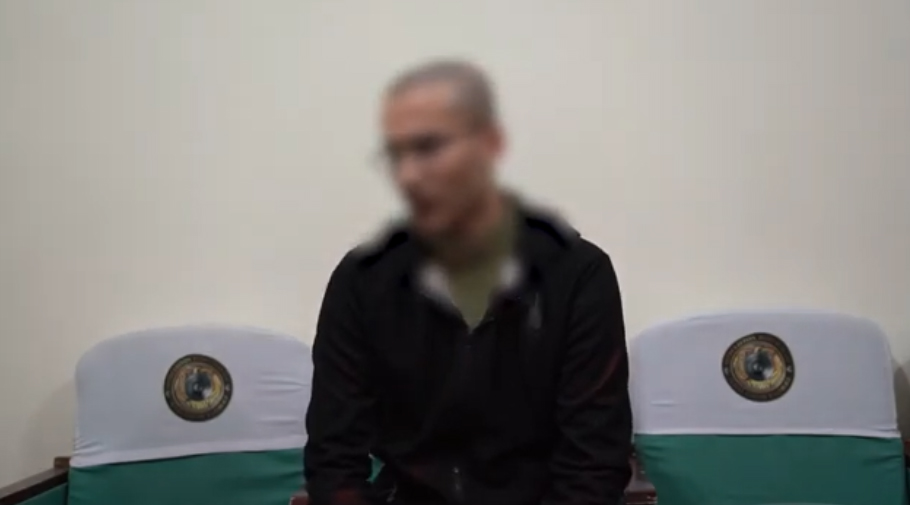This article is also available in:
Русский (Russian)
Uzbek
Heating issues have once again become a pressing topic for Tashkent residents. Maxim Chernikov, an expert in public utilities and the administrator of the popular group “HOAs and How to Live with Them,” highlighted a situation that appears to reflect a widespread problem in many apartment buildings across the capital.
Last night, temperatures in Tashkent dropped to -5°C. Logically, the heating system should adjust to these conditions and ensure adequate warmth in homes. However, measurements reveal that reality is far from meeting the standards.


Where Is the Heat?
According to regulations, when the air temperature is 0°C, the water in the supply pipeline should be heated to 70°C. However, as Maxim Chernikov discovered, the water temperature in the heating unit of his building was only 60.2°C, which is below even the minimum standard levels.
This situation raises questions: is it an issue with Veolia, the company managing the heating networks, or a failure at TPP-1 (the main heating plant)? The reasons remain unclear, but the consequences are evident — residents are left freezing.
It is also likely that similar problems exist in many other apartment buildings in Tashkent. Residents are diligently paying their heating bills but receiving substandard services.
Saving at Residents’ Expense?
If TPP-1 is underheating the water, it might be due to gas-saving measures. However, there is a subtle dynamic in play that works against residents:
- The heating plant sells the heat carrier to Veolia based on the number of gigacalories, which depends on the water temperature. The lower the temperature, the fewer gigacalories, and the less Veolia has to pay.
- At the same time, Veolia charges residents based on the heated area of their apartments, a fixed amount that does not depend on the quality of heating provided.
The result: residents pay a fixed fee even if the water temperature is below standard. The insufficient heat turns into additional profit for Veolia. Is that fair?
Why Are the Authorities Silent?
This issue clearly requires intervention at the level of the Tashkent city administration, the Ministry of Construction and Public Utilities, and the Consumer Rights Protection Committee. Necessary actions include:
- Conducting inspections of water temperatures at all heating supply units.
- Determining who is at fault — TPP-1 or Veolia.
- Holding those responsible accountable, including imposing fines.
If the issue stems from gas-saving measures, residents deserve to know. Why should ordinary consumers suffer from lukewarm radiators but still pay full heating bills?
Enough Promises — Action Is Needed
Utility companies are obligated to provide the services residents pay for. If the heat carrier does not meet standards, it is a direct violation of consumer rights.
The time has come for real actions: inspections, penalties for those responsible, and recalculations of payments for substandard heating. Residents need warmth, not empty promises.
When will Tashkent truly feel warm again?
The article may contain inaccuracies as it is translated by AI. For more details, please refer to the Russian version of the article. If you notice any inaccuracies, you can send corrections via the Telegram bot: Uzvaibik_bot.


